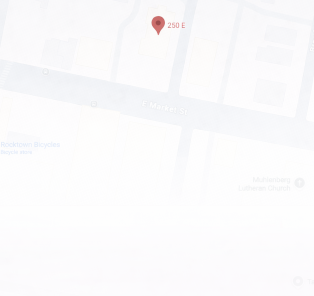If you are stopped by a police officer under suspicion of driving drunk, you will almost certainly be asked to take a sobriety test. If you are like most people, you may be wondering if you are required to take this test. The laws surrounding the sobriety test do vary slightly from one state to the next, but the general laws are the same. This guide will help you know what your best course of action is.
When You Must Take a Sobriety Test
First things first, it is important to know when you are legally required to take the sobriety test. There are actually a few situations where this is required of you. If you refuse to take the test in one of these situations, you might get in serious trouble. There are exactly three reasons why you might be required to take a sobriety test:
- You have already been arrested – If you are already under arrest, you must take a sobriety test. However, there needs to be a reason for the arrest prior to the test being taken.
- You are under the legal drinking age – If you cannot legally drink due to your age, you do not have a choice but to take the sobriety test. Minors cannot legally drive with any alcohol in their system, no matter how little.
- You are on probation for a previous DUI – If you received a DUI in the past and are currently on probation, you do not have a choice about whether or not you take a sobriety test.
When You Have a Choice
If none of the above situations apply to you, you have the legal option to decline a sobriety test. Generally, it is in your best interest not to take the test unless you are required to. The results of the test are sometimes subjective and it is up to the police officer to interpret the results. This means if the police officer interprets you as impaired, you have committed a DUI regardless of how much alcohol is actually in your system.
To put it another way, a sobriety test cannot prove your innocence even though it can prove your guilt. You have nothing to gain by taking the sobriety test. If the officer had enough proof to arrest you, he or she would not ask for a sobriety test. You can learn more about the specific laws that only apply in your state by speaking with a traffic lawyer.
Call (434) 817-3100 or complete a Case Evaluation form



